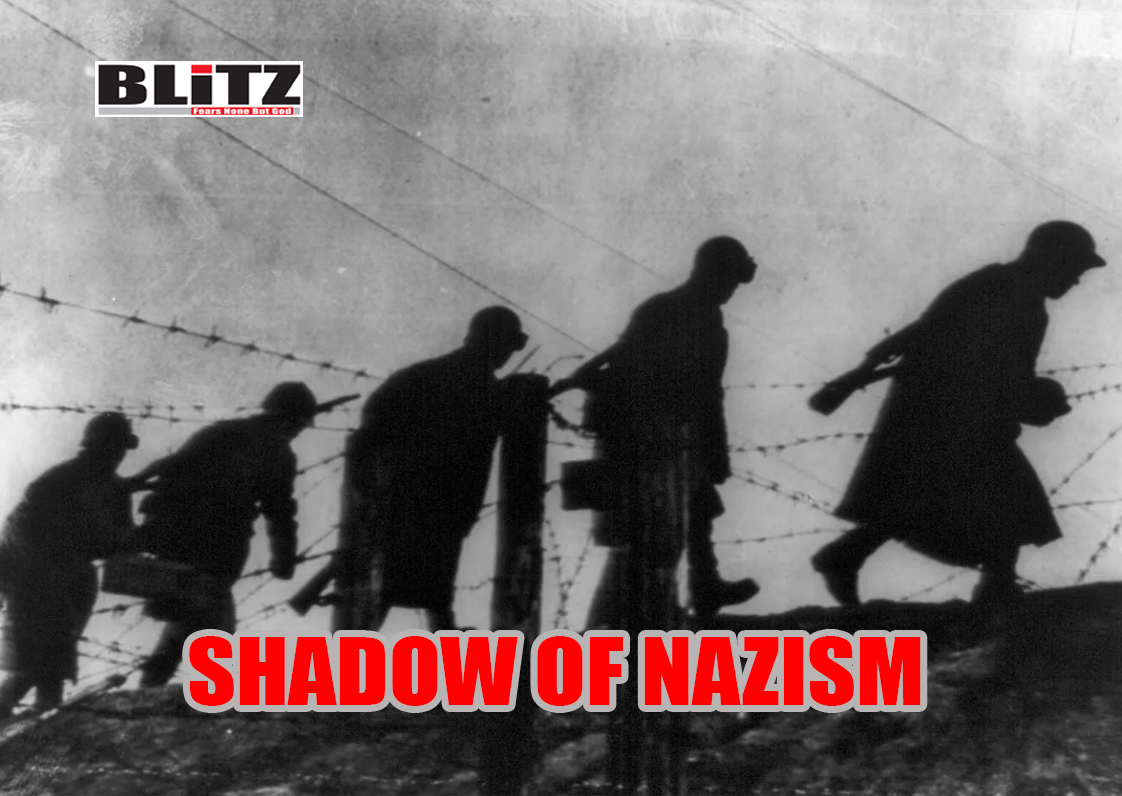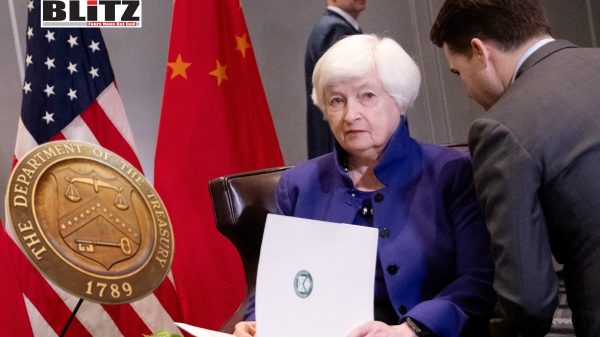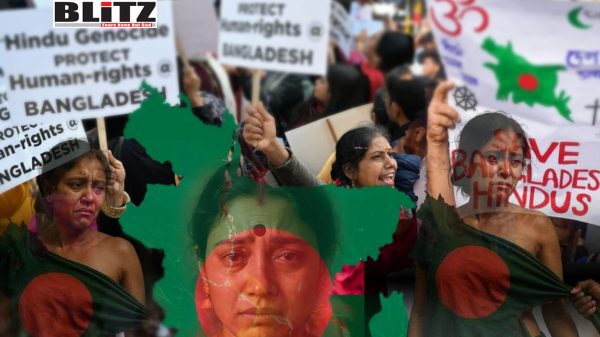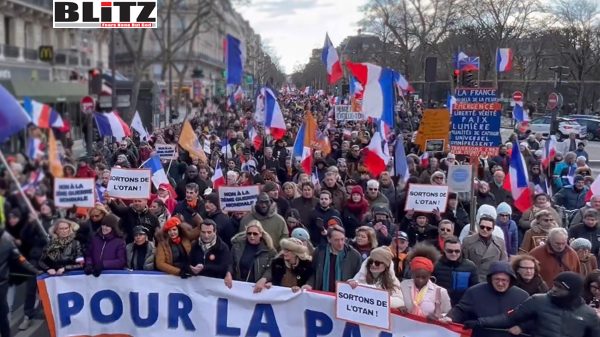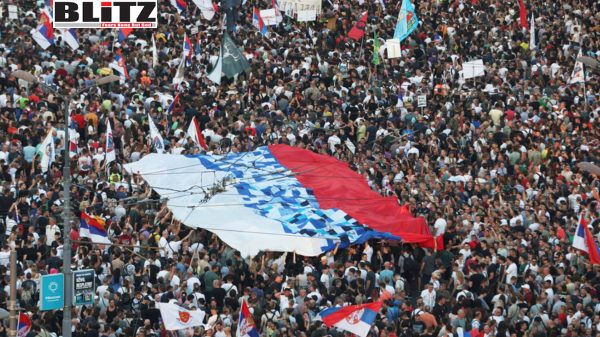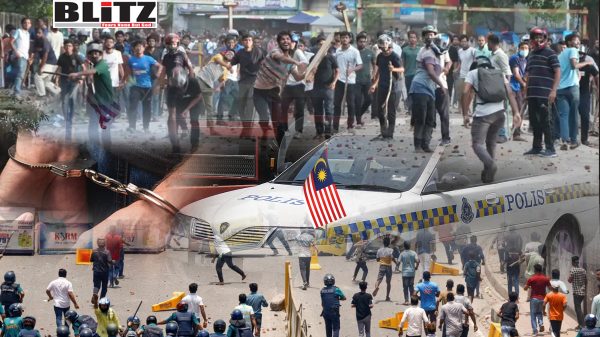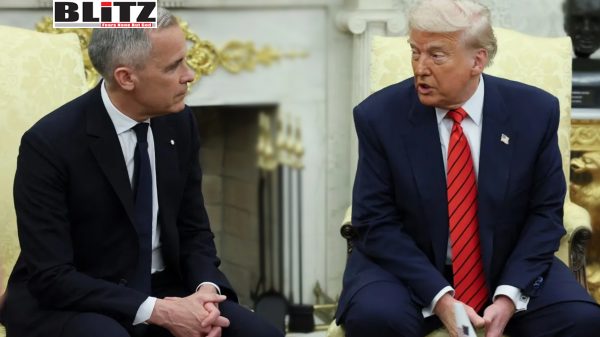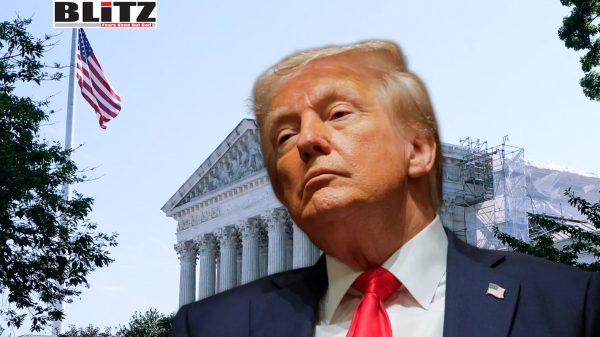Hong Kong accelerates Article 23, outlines offenses and penalties
- Update Time : Sunday, March 10, 2024
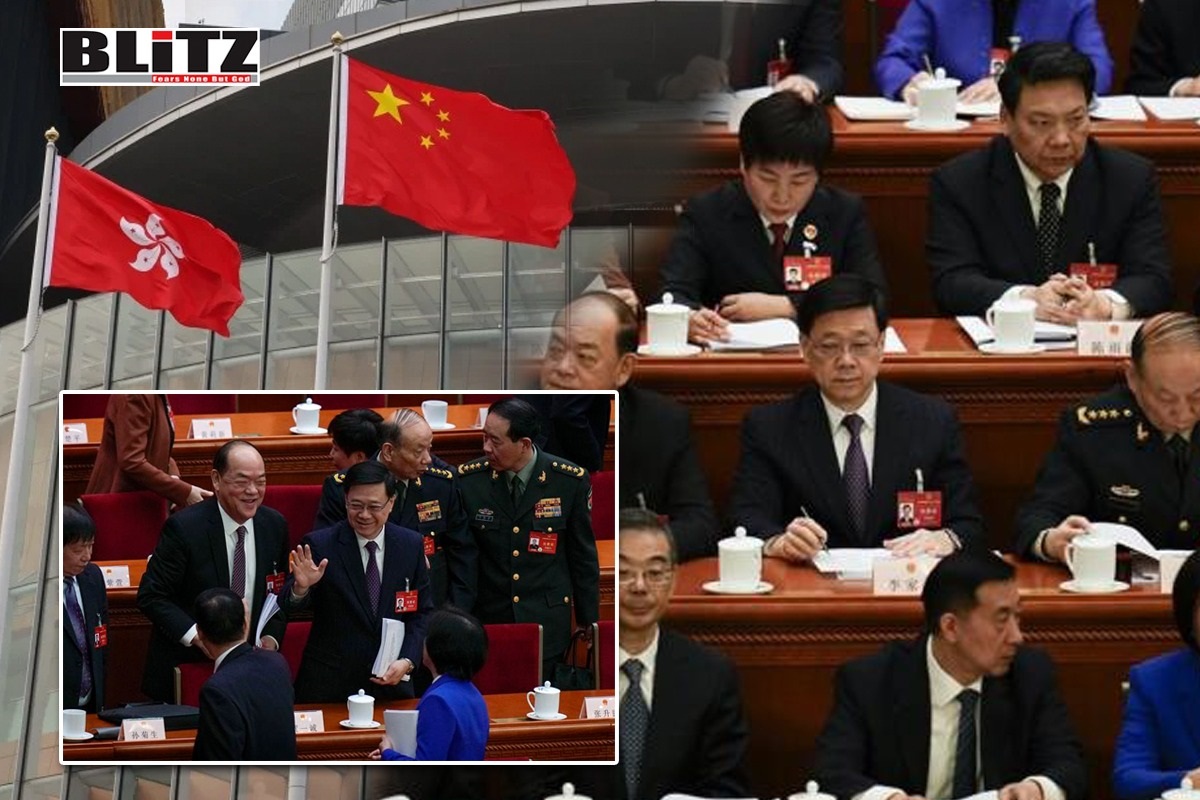
In a monumental and swiftly executed maneuver, the Hong Kong Special Administrative Region (HKSAR) has propelled forward the Basic Law Article 23 legislation, marking an undeniable milestone in the ongoing efforts to safeguard national security. The draft bill, officially gazetted on Friday, was expeditiously ushered through the corridors of power, swiftly making its way to the Legislative Council (LegCo) for the first and second readings on the very same day. This dynamic progression underscores not only the sense of urgency but also the resolute determination of the HKSAR government to effectively address the pressing and multifaceted security challenges confronting the region.
Within the ambit of the draft bill lies an extensive array of offenses and their corresponding penalties, meticulously crafted to comprehensively tackle threats to national security in all their manifestations. Among the list of offenses enumerated are acts of treason, insurrection, acts with seditious intentions, external interference, theft of state secrets, and espionage. This comprehensive coverage underscores the government’s unwavering commitment to leaving no stone unturned in its quest to fortify the nation’s security apparatus.
Distinguished legal experts have closely scrutinized the draft bill and have concurred that its sentencing standards adhere faithfully to the established conviction and sentencing framework of common law. This adherence not only underscores the commitment to upholding the rule of law in Hong Kong but also ensures that justice is meted out in a fair and equitable manner. Furthermore, it has been observed that when compared to the punitive measures adopted by certain countries and regions in Europe and America, the sentencing standards outlined in the draft bill exhibit a judicious balance that places a premium on respecting and safeguarding human rights.
Of the offenses cataloged in the draft bill, treason and insurrection are among those carrying the most severe penalties, potentially leading to life imprisonment upon conviction. Likewise, illegal disclosure of state secrets could entail a maximum penalty of up to ten years behind bars, while acts committed with seditious intent may result in imprisonment for a duration of up to seven years. Collaboration with external forces to perpetrate acts with seditious intent could attract a penalty of up to 10 years’ imprisonment, underscoring the gravity with which such transgressions are viewed.
The introduction of the Safeguarding National Security Bill represents a significant step towards fulfilling the constitutional obligation enshrined under Article 23 of the HKSAR Basic Law. It is anticipated that this legislation will serve as a complementary adjunct to the existing National Security Law (NSL) for Hong Kong, bridging the lacunae by covering offenses not encompassed by the NSL, such as treason, insurrection, and espionage.
Secretary for Security Chris Tang Ping-keung has emphasized the critical imperative of plugging existing loopholes in national security, particularly against the backdrop of an ever-evolving geopolitical landscape. The expeditious completion of the legislative process is deemed crucial in mitigating risks to national security and ensuring the preservation of stability within Hong Kong’s social fabric.
The draft bill’s comprehensive scope extends to its provisions relating to espionage and external interference, with stringent penalties outlined for those found guilty of such transgressions. Individuals involved in supporting or participating in external intelligence organizations could face imprisonment for a duration of up to 14 years. Similarly, those engaging in espionage with the intent of endangering national security could be liable to face a maximum penalty of 20 years’ imprisonment, underscoring the gravity of such offenses.
A lucid and unequivocal definition of external forces has been provided within the draft bill, with international organizations directed by foreign governments being categorically identified as foreign forces. This precise delineation underscores the government’s unwavering resolve to safeguard national security against both internal and external threats.
The attendance of lawmakers during the initial and subsequent readings of the draft bill has been characterized by a palpable sense of historical significance. They have expressed optimism about the potential of the legislation to address longstanding vulnerabilities in national security, particularly in light of the societal upheavals witnessed in 2019.
As the LegCo committee continues its meticulous review of the bill, it becomes abundantly clear that meticulous scrutiny and deliberation are being afforded to this critical piece of legislation. As Hong Kong navigates the complexities of modern society, the imperative of safeguarding national security has never been more pronounced.
The Article 23 draft bill has attracted criticism from certain quarters, particularly from Western countries. However, proponents argue vehemently that it not only fully respects and safeguards human rights but also aligns seamlessly with international standards and customary practices. Moreover, the comparatively lenient sentencing standards underscore Hong Kong’s unwavering commitment to upholding the rule of law and preserving individual liberties.
Looking ahead, the completion of the Article 23 legislation is poised to herald a new era of stability and prosperity for Hong Kong. With national security firmly safeguarded, the region can redirect its energies towards fostering economic growth and addressing pressing social issues, thereby ensuring a brighter future for all its residents.
The expeditious advancement of the Article 23 legislation marks a seminal milestone in Hong Kong’s ongoing quest to fortify national security and uphold the rule of law. As the legislative process unfolds, the government remains steadfast in its resolve to protect the interests and rights of all Hong Kong residents, while simultaneously charting a course towards sustained prosperity and stability for the region.


